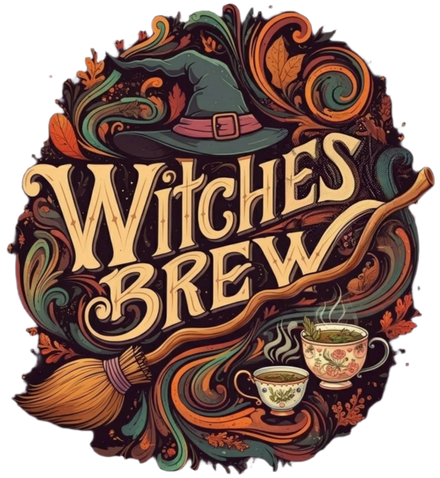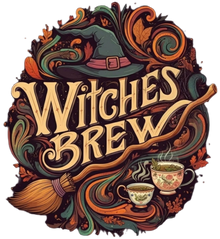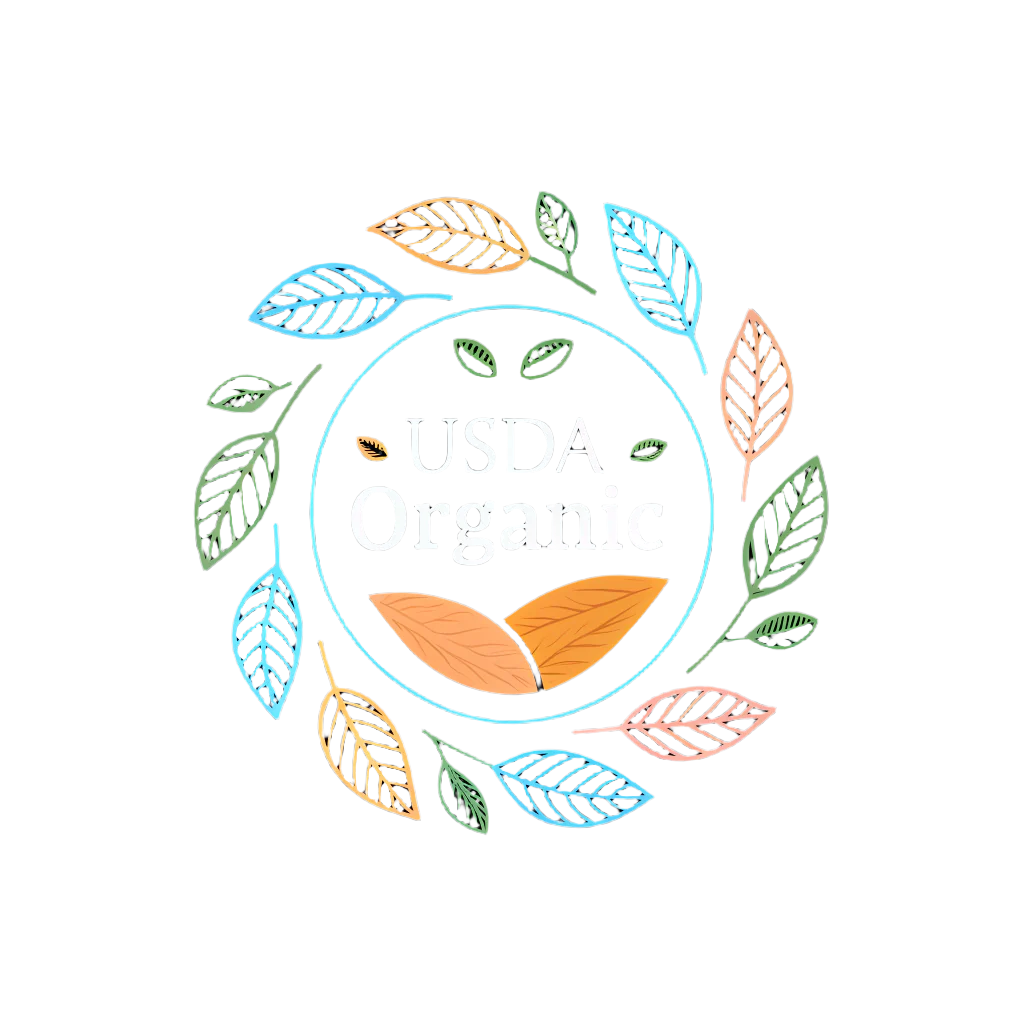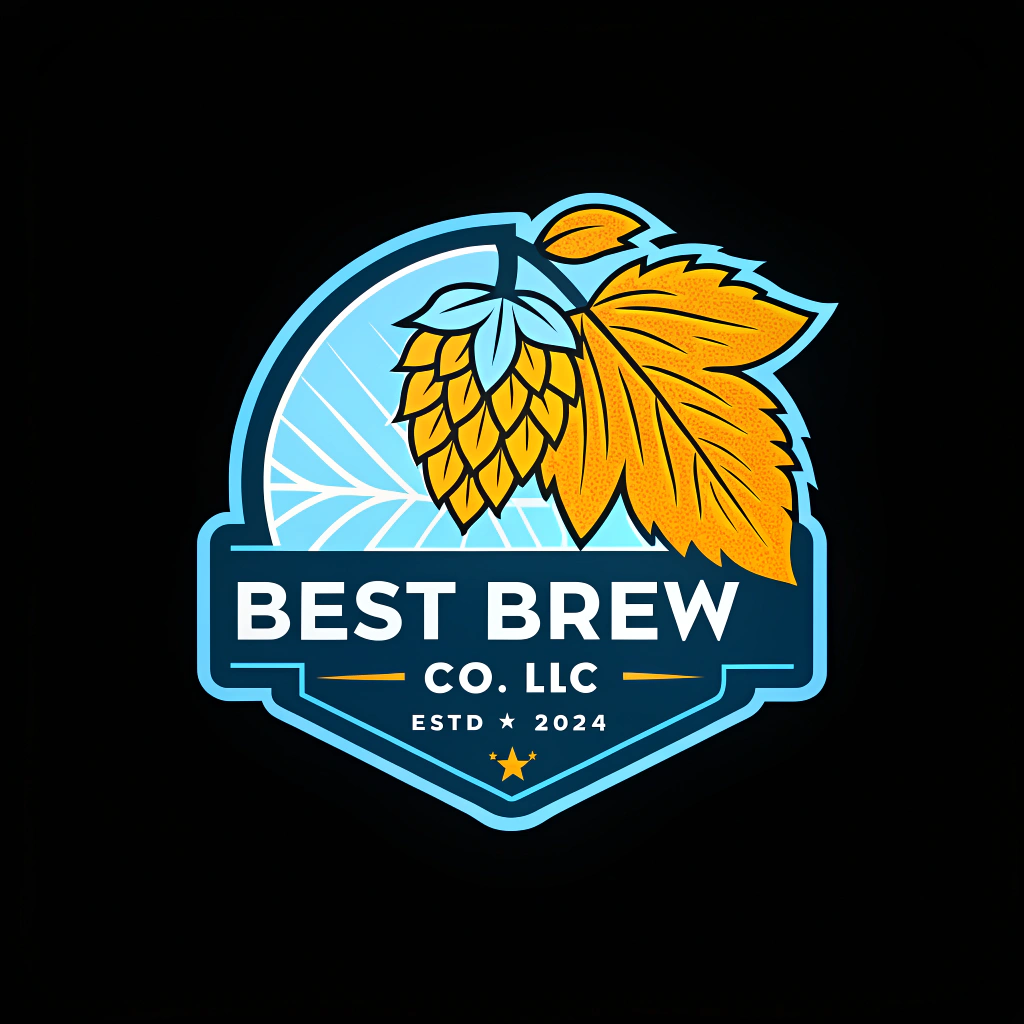Witches Brew Eco-Social Survey for Tea Sourcing Partners
Purpose: To evaluate sourcing partners’ environmental and social practices, ensuring alignment with Witches Brew’s commitment to sustainability, ethical sourcing, and community well-being, as outlined on https://www.witchesbrew.com.
Instructions: Please complete this survey with detailed, honest responses. Provide specific examples or data where possible. Download or print this page, fill it out, and email responses to sales@witchesbrew.com. Attach supporting documents (e.g., certifications, test results, photos of practices).
Section 1: General Information
- 1. Company/Farm Name: __________________________
- 2. Location (Country/Region): __________________________
- 3. Type of Operation (e.g., Smallholder Farm, Cooperative, Large Plantation): __________________________
- 4. Primary Tea Types Supplied (e.g., Black, Green, Herbal, Yerba Mate, etc.): __________________________
- 5. Certifications Held (e.g., USDA NOP Organic, Rainforest Alliance, Fairtrade, Non-GMO, etc.): __________________________
Section 2: Environmental Sustainability
The tea industry faces challenges like climate change, soil degradation, and high water use. These questions assess your environmental practices.
- 6. Climate Adaptation:
- How do you address climate change impacts (e.g., erratic rainfall, rising temperatures) on tea production? (e.g., Drought-resistant crops, agroforestry, intercropping)
- Do you use climate-smart agricultural practices? If yes, describe (e.g., shade-grown tea, organic fertilizers).
- 7. Soil Health:
- Do you practice crop rotation to promote soil vitality? If yes, how often and with what crops?
- What methods do you use to prevent soil erosion or enhance biodiversity? (e.g., Cover crops, agroforestry)
- 8. Water Management:
- What water sources do you use for tea production? (e.g., Rainwater, rivers, wells)
- How do you minimize water usage or manage wastewater? (e.g., Drip irrigation, rainwater harvesting)
- 9. Pest and Chemical Use:
- Do you use organic pest control methods (e.g., beneficial insects, natural repellents)? If not, what pesticides are used, and how do you mitigate environmental impact?
- Are your teas tested for pesticide residues to meet FDA thresholds? Provide details on testing frequency and standards.
- 10. Energy and Waste:
- What energy sources power your operations? (e.g., Solar, grid, off-grid)
- How do you manage waste from tea processing? (e.g., Composting, recycling, reusing tea waste)
- 11. Land Management:
- How many acres do you manage, and are they sustainably managed to prevent deforestation or habitat loss?
- Do you participate in reforestation or conservation programs? If yes, describe.
Section 3: Social Responsibility
Social sustainability in tea involves fair wages, safe working conditions, and community support, especially for smallholder farmers and women workers.
- 12. Labor Conditions:
- What measures ensure fair wages for workers? (e.g., Above regional minimum wage, Fairtrade premiums)
- Describe working conditions (e.g., Hours, safety protocols, access to healthcare).
- 13. Gender Equity:
- What percentage of your workforce is female, and do they have equal opportunities for leadership or training?
- Are there policies to prevent gender-based discrimination or harassment?
- 14. Community Impact:
- Do you work directly with growers or cooperatives? If yes, describe the relationship.
- How do you support local communities? (e.g., Education, infrastructure, health programs)
- 15. Child Labor and Worker Rights:
- Do you have policies to prevent child labor or forced labor? Provide details on enforcement.
- Are workers free to join unions or negotiate collectively?
Section 4: Traceability and Ethical Sourcing
Consumers demand transparency in tea supply chains. These questions ensure ethical and traceable sourcing.
- 16. Supply Chain Transparency:
- Can you trace your tea from farm to final product? If yes, describe your traceability system (e.g., Blockchain, batch records).
- Are you willing to provide documentation of sourcing practices upon request?
- 17. Farmer Support:
- Do you provide training or resources to smallholder farmers for sustainable practices? (e.g., Organic farming workshops, financial support)
- How do you ensure fair pricing for growers?
- 18. Ethical Certifications:
- If not certified, are you working toward certifications like Fairtrade, Rainforest Alliance, or USDA Organic? If yes, what is your timeline?
- What barriers prevent certification, if any? (e.g., Cost, lack of resources)
Section 5: Product Quality and Safety
Witches Brew ensures all final products meet FDA thresholds for toxic metals and pesticides.
- 19. Testing Standards:
- What testing protocols do you follow for toxic metals (e.g., lead, cadmium) and pesticide residues? Provide details on frequency and labs used.
- Can you provide test results or certificates of analysis for supplied teas?
- 20. Quality Assurance:
- How do you ensure consistent tea quality? (e.g., Grading systems, quality control processes)
- Do you use non-GMO or organic ingredients exclusively? If not, explain.
Section 6: Future Commitment
- 21. Sustainability Goals:
- What are your short-term (1-2 years) and long-term (5+ years) goals for improving environmental and social sustainability?
- Are you open to collaborating with Witches Brew on sustainability initiatives? (e.g., Pilot programs, joint training)
- 22. Feedback:
- What challenges do you face in meeting eco-social standards, and how can Witches Brew support you?
- Any additional information about your practices or values you’d like to share?
Submission: Download or print this page, complete the survey, and email responses to sales@witchesbrew.com.
Attach supporting documents (e.g., certifications, test results, photos of practices).
Contact sales@witchesbrew.com with questions.




